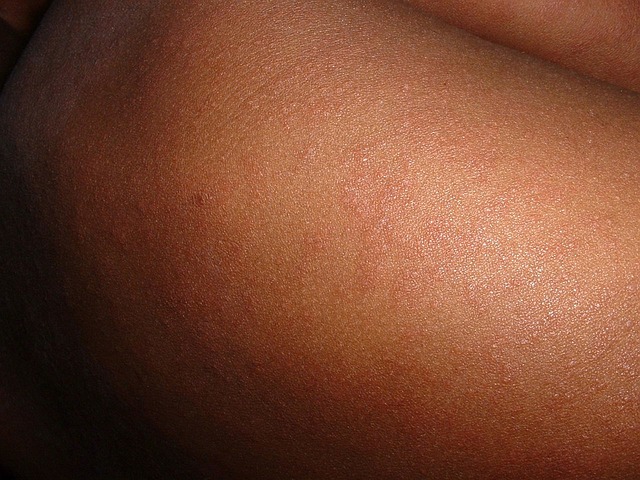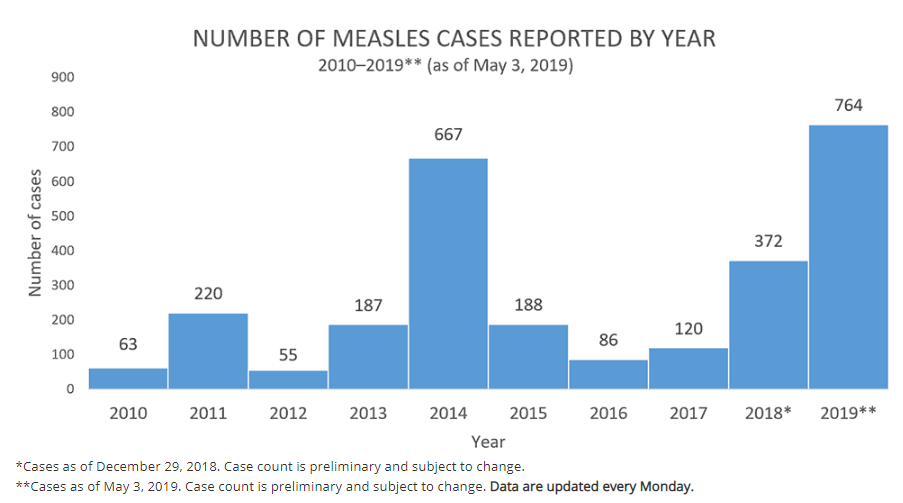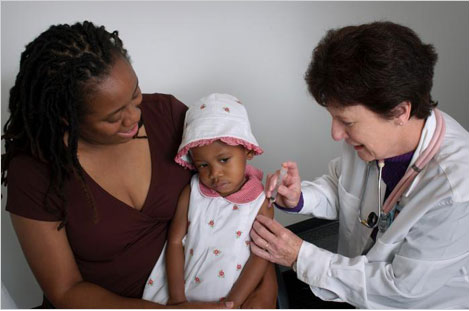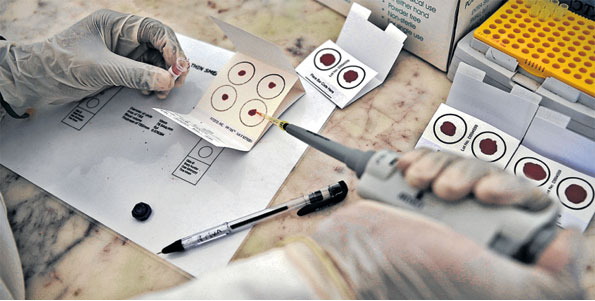
Let’s talk about Trust

When trust breaks down in relationships, very tiny actions acquire enormous significance. A passing smile at the kind neighbour generates, in the suspicious mind, images of stolen kisses.
When it comes to the relationship between some sections of the general population and public health authorities, trust has fallen rather dramatically. In the most unlikely places on the globe, trust in the safety of vaccines has dropped so much, a disease that had been eliminated has returned.
The disease I am talking about is measles. The USA eliminated measles from the country in 2000. This means that in 2000, there were no ‘home-grown’ cases of measles in the country. The only cases of measles were among people who had travelled abroad.
But the picture has changed with sporadic outbreaks, the largest is happening right now. This year, the USA is experiencing one of the worst measles outbreaks since 1994. According to the CDC (https://www.cdc.gov/measles/cases-outbreaks.html )from January to 3rd May this year (2019), there have been 764 cases of measles in 23 states.

The USA is not alone, in 2018, there were over 80,000 cases of measles in Europe, leading to 72 deaths. According to a paper published by the British Medical Journal ( https://www.bmj.com/content/364/bmj.l634 ), the cases of measles were so severe that out of every 3 patients, 2 had to be admitted to hospital.
Measles in countries where the disease had been eliminated always starts with a case arriving into the country from somewhere else. The latest epidemic in USA was a result of visitors from Isreal (where a large outbreak of measles is underway) who arrived into Orthodox Jewish communities, who do not vaccinate their children. The measles virus spread among these group of unvaccinated people, into the rest of the community.
If the visitors with the measles virus had arrived into fully vaccinated communities, the virus would not have spread. UNICEF (https://www.unicef.org) reports that accumulated from 2010-2017, there are over 2 million children in the USA alone, who did not receive any of the childhood vaccinations. All these children are at risk of acquiring any of these vaccine preventable diseases.
Public mistrust of vaccination is thought to the the main reason for this and social media has been blamed for fanning the flames as the anti-vaccination movement gathers steam.
Researchers at the University of Pittsburgh decided to study the content of Facebook posts from anti-vaccinators and try and work who they are and what messages they are trying to convey . Their article is available free online https://www.sciencedirect.com/science/article/pii/S0264410X19303032#.
Hoffman and colleagues decided to study a sample of 197 people, mainly from the USA, who posted anti-vaccination replies to a post promoting vaccinations on Facebook. They then studied all the publicly available posts related to vaccinations generated by these 197 people over a two year period (2015-2017).
Most of the active anti-vaccinators on Facebook were women. The already disproved suggestion that there is a link between MMR (measles, mumps, rubella) vaccination and autism is often thought to be the main reason why people are rejecting this vaccine. However, although this was one of the reasons anti-vaccinators propagated, it was not the only one or even the most common. The researchers made that clear by using the title ‘It’s not all about autism’ – for this paper.
The anti-vaccination messages ranged from lack of trust in pharmaceutical companies – posts along the line that vaccine preventable diseases have been eliminated and these companies are just out to make money through continuing to market vaccines. Posts linked to fears that governments and other health authorities are hiding data about the side effects of vaccines. The researchers found messages that were linked to data, deliberately twisted to send unnerving messages as fact. One seemed to find a lot of traction. It stated that there was a link between vaccine uptake and cancer diagnosis. A deliberate misinterpretation – as vaccines have led to a reduction in infectious disease deaths meaning people are living longer and an aging body has higher cancer risk.
Religion is also a strong factor within communities who believe that using vaccines is a sign of loss of faith and is against biblical teaching.
The researchers offer some solutions to the current mess of misinformation propagated through social media. They encourage more health professionals to get involved in social media platforms. If people have a credible source of information from people they trust, they might be swayed towards the truth.
Use of entertainment as an agent of change was another suggestion. The Kenyan media has done well with programs like ‘Makutano Junction’, an entertaining drama that often has health messages. Drama and soaps have the advantage of not sounding preachy. A likely narrative would involve an unvaccinated person who develops a vaccine preventable disease. The message may stick in people’s mind for longer.
General public awareness of the way social media operates might also help people be more aware of how data can be misused.
But governments affected by low rates of vaccination as a result of spread of misinformation are fighting back. Awareness of the role social media plays had led to governments putting pressure on platforms like Facebook to take responsibility about the content being propagated under their watch. (https://www.theguardian.com/technology/2019/mar/07/facebook-anti-vaxx-vaccine-hoax-ads
Instragram has followed suit (https://www.bbc.co.uk/news/technology-48227377)
Getting anti-vaccination material pulled out of Facebook, Twitter and Instagram means that they don’t get a chance to spread but it is also likely to propagate the fear that authorities have something to hide. It does not deal with the underlying reasons why people are loosing faith with vaccines. People believe in strange things for a reason and sometimes understanding where they are coming from can help bring a solution much faster than rolling our eyes in disbelief.
The world has changed and health professionals need to change with it. People need to feel engaged and listened to in order to build back the trust once taken so much for granted. When trust is broken in a relationship, there is often a trigger, no matter how unreasonable it may seem.
***********
If you enjoyed this, please vote healthkenya.co.ke as best public health blog (BAKE awards 2019) by
Kindly click on this link……
https://vote.bakeawards.co.ke/vote
and go to…..
Asante sana



